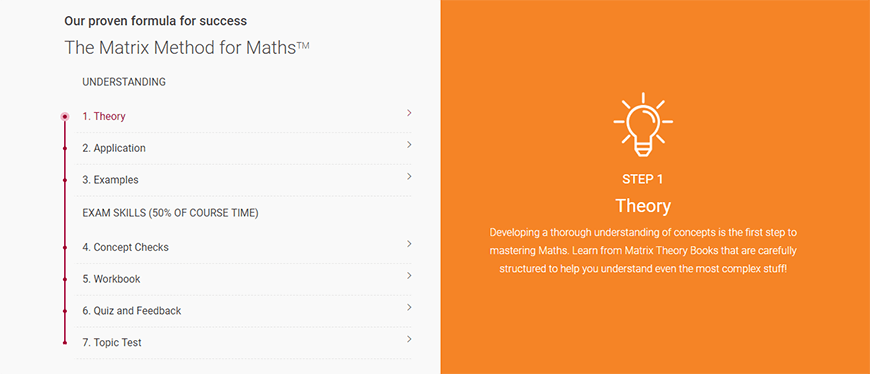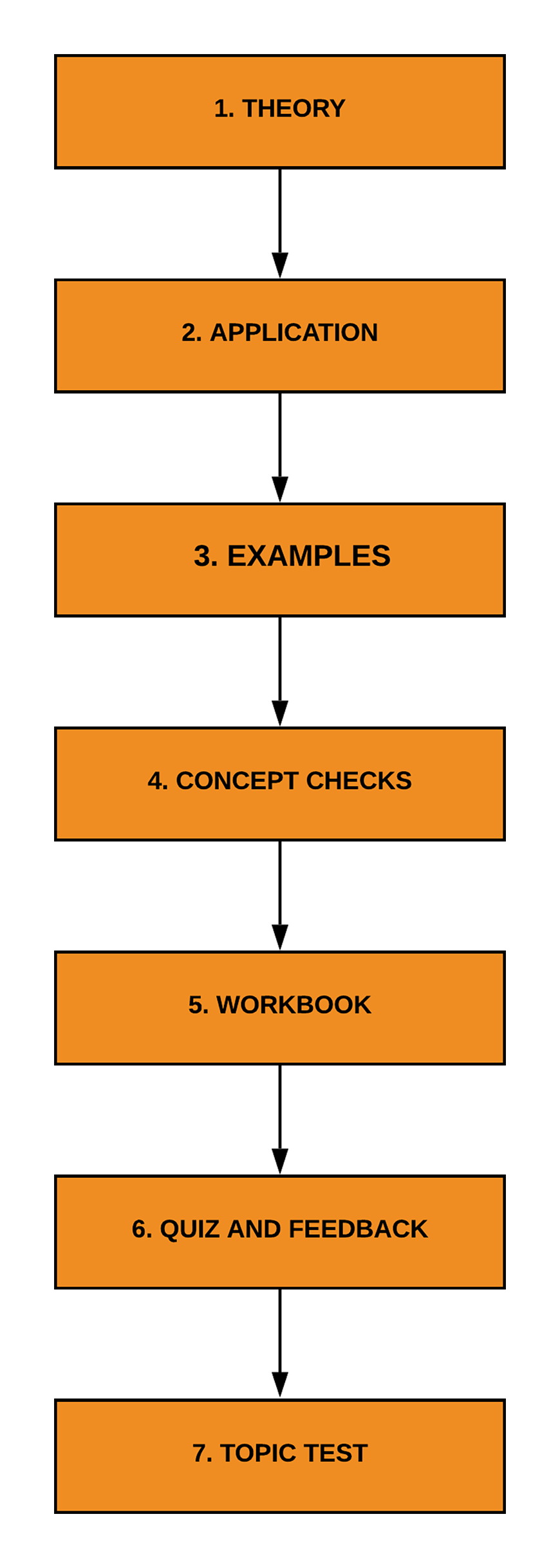Welcome to Matrix Education
To ensure we are showing you the most relevant content, please select your location below.
Select a year to see courses
Learn online or on-campus during the term or school holidays
Learn online or on-campus during the term or school holidays
Learn online or on-campus during the term or school holidays
Learn online or on-campus during the term or school holidays
Learn online or on-campus during the term or school holidays
Learn online or on-campus during the term or school holidays
Learn online or on-campus during the term or school holidays
Get HSC Trial exam ready in just a week
Get HSC exam ready in just a week
Select a year to see available courses
Science guides to help you get ahead
Science guides to help you get ahead

After the dust has settled after Year 7, Year 8 offers students the chance to take stock of their progress and understand their strengths and weaknesses. Year 8 is an essential stage of Mathematical learning for you to acquire and consolidate the rest of the foundations for High School Maths.
It’s important to remember that Year 8 is when schools start filtering students into different Maths streams. Performing poorly in Year 8, or failing to demonstrate mastery of the basics, could condemn you to a lower stream. This Beginner’s Guide to Year 8 Maths is your resource for ensuring you are on track.
Before you can excel in Year 8 Maths, you must master the understanding of topics. But don’t worry, developing a strong understanding of the theory is the first step in our Matrix Method for MathsTM .

In this Guide, we will break down and guide you through the core concepts of Year 8 Maths:
Each article addresses the NESA Syllabus Outcomes for the subject. These can be found here on the NESA website (Years 7 & 8 are known as Stage 4).
Students may struggle to acquire and implement the content they learned last year in Year 7 because it still feels like a big leap from Primary.
Some common problems that students face are:
Why do students struggle with Maths in Year 8?
We’ve learned that many students struggle with Maths in Year 8 because they approach learning and study in the wrong manner. These are some of the reasons students struggle:
You don’t really understand a topic unless you can teach it to somebody else. This is especially true for Maths.
Mastering Maths is a systematic process that begins with understanding the theory of each concept.
We’ve helped thousands of students over the past 19 years by following this method:

In this guide, we’ll explain the theory in each article and then show you how to apply it.
We’ve provided some worked examples at the end of each article so that you can see the application of the theory.
You can also check your knowledge with checkpoint questions for each subject. These will let you test your skills.
So that you can check your skills and understand your mistakes, we’ve included the worked solutions.
If you want to improve your marks in Maths, you must be methodical in your approach. You’ll see improvements in your marks if you follow the step-by-step process for studying Maths.
Now it is time to familiarise yourself with the content of this Guide. This is a resource that you should come back to consistently as you encounter the subjects at school during the year.
Let’s start with Indices!
© Matrix Education and www.matrix.edu.au, 2025. Unauthorised use and/or duplication of this material without express and written permission from this site’s author and/or owner is strictly prohibited. Excerpts and links may be used, provided that full and clear credit is given to Matrix Education and www.matrix.edu.au with appropriate and specific direction to the original content.